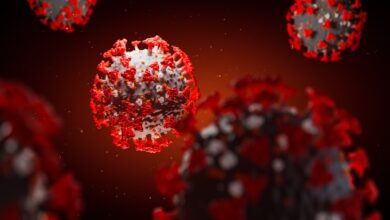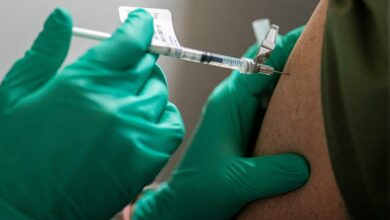Broken heart diagnoses on the rise in the US: study

Hearts are breaking at rising rates, researchers have found.
The life-threatening medical condition known as broken heart syndrome is being reported at increasing rates, according to a new study published Wednesday in the Journal of the American Heart Association.
The temporary condition, also known as Takotsubo cardiomyopathy, causes the heart muscle to become suddenly weakened and generally happens following a period of severe emotional or physical stress. While potentially life-threatening, most people recover within two months.
The disturbing study published Wednesday found that both men and women have been steadily increasing broken heart syndrome at rising rates during recent years, with women 50 to 74 seeing the sharpest increases.

Symptoms of a heart attack can differ for men and women.
(iStock)
ADVICE SHIFTING ON ASPIRIN USE FOR PREVENTING HEART ATTACKS: PANEL
Indeed, the analysis of 135,463 cases of broken heart syndrome reported in U.S. hospitals from 2006 to 2017 discovered that women make up 88.3 percent of all cases and that older women experienced it at a rate six to 12 times higher than younger women and men.
“These skyrocketing rates are both intriguing and concerning,” senior study author Dr. Susan Cheng told American Heart Association News of her and her team’s findings. They believe that overall stress, the end of menopause and technology might contribute to older women having such uniquely high rates.
“As we advance in age and take on more life and work responsibilities, we experience higher stress levels,” she said. “And with increasing digitization around every aspect of our lives, environmental stressors have also intensified.”
CLICK HERE TO GET THE FOX NEWS APP
Study authors worked exclusively with pre-pandemic data, but believe that COVID-19 has likely caused a further rise in rates of the condition, one that may be unmeasurable due to many broken hearts going undiagnosed or reported.
“We know there have been profound effects on the heart-brain connection during the pandemic. We are at the tip of the iceberg in terms of measuring what those are,” Cheng told the publication.
Click here to read more on the New York Post.
Source link




